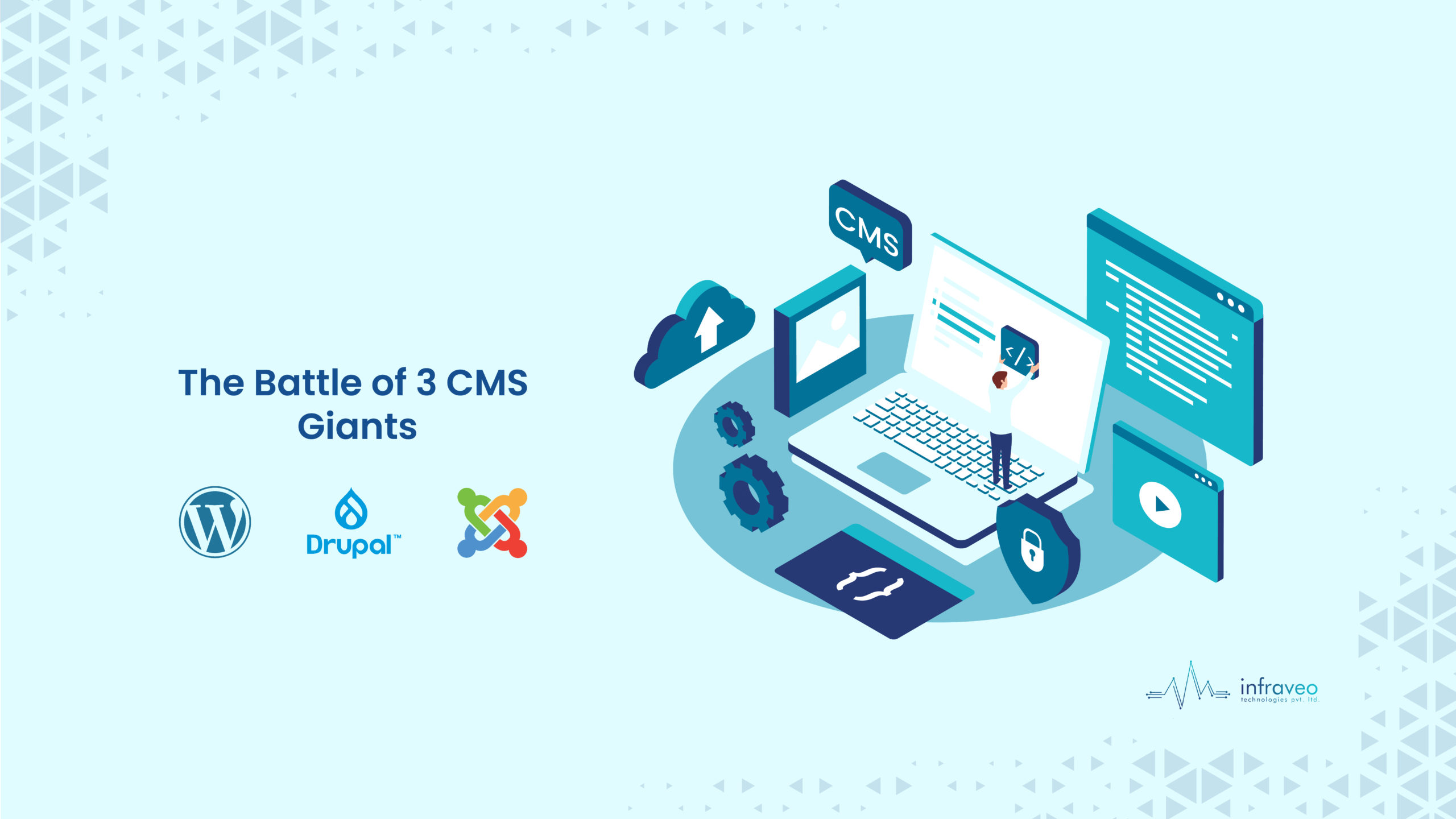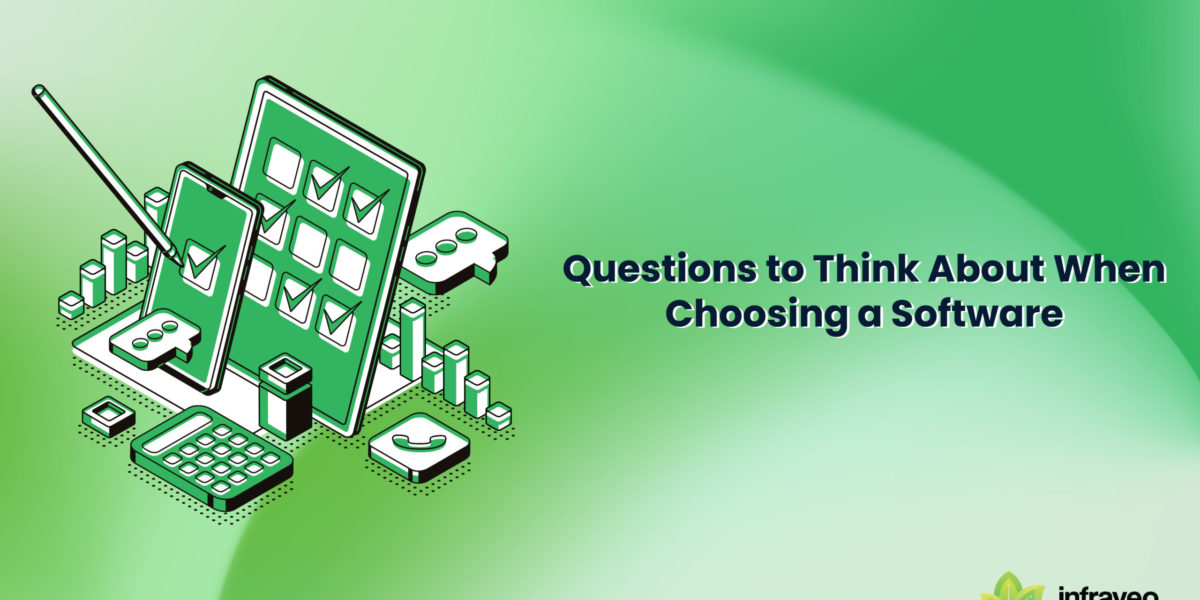Introduction
A content management system (CMS) is a system that allows the creation, management and distribution of digital content. CMS software can be used to create websites and other online applications, ranging from simple blogs to complex enterprise applications. A CMS is often integrated with an e-commerce platform so that users can manage their entire website using a single interface.
The advantages of using a CMS include:
- Simplicity – You don’t need to learn any programming languages or design skills in order to use one; instead, you simply set up your content and it will appear on screen automatically! This means that anyone who uses it can become an expert quickly enough by simply following instructions provided by the developer/designer team behind the product itself!
- Speed – Since there are no major updates required after installation has been completed then this saves time which could otherwise be used elsewhere such as building new features into existing products (or even redesigning them entirely).
WordPress
WordPress is the most popular CMS in the world. It’s free, open source and easy to use. WordPress is used by millions of websites around the world, including some of your favorite brands like Google and CNN.
Drupal
Drupal is the most popular content management system (CMS). It allows you to create a website or blog and it’s free, open-source software. Drupal is a powerful framework that allows you to build a website or blog. The core project was created by Dries Buytaert in 2001 as part of his thesis at Delft University of Technology, Netherlands. After its initial release in 2002, Drupal has been developed independently by hundreds of developers worldwide who contribute to the project via an open-source community forum called Drupal Community Forums (DCF).
Joomla
Joomla is a CMS that allows you to create, publish and manage websites, online resumes and simple blogs. The free version of Joomla is called Mambo – which is not nearly as powerful as the paid versions available. The first thing to know about Joomla is that it’s open source! This means anyone can download and use this software for free without paying any money. They just have to make sure they abide by all its terms of service before doing so though!
Comparison between the three CMS systems
WordPress is the most popular CMS. WordPress has a large community that includes over 60 million users and hosts over 100,000 themes. It’s easy to use and can be setup quickly, making it ideal for beginners who want to get started quickly with their own websites.
If you’re looking for an eCommerce site or other types of business websites that require more complex features than WordPress offers (such as email marketing), Joomla! may be better suited for your needs. Its more extensive feature set allows you to build robust websites regardless of how much experience you have with coding or designing websites yourself.
In terms of flexibility, WORDPRESS and DRUPAL work great. They both allow you to create a theme from scratch or choose from hundreds of pre-made themes that are available for purchase. They also have a wide range of plugins and integrations available for easy implementation into any website. The downside of these two choices is that they can be difficult to learn if you aren’t familiar with either platform—though both platforms are flexible enough that they should be easy to pick up if you want them!
Joomla has similar features as WordPress and Drupal; however, it is less customizable than those other options. It means fewer options for customization overall. It also requires more technical knowledge than the other two options, so if you’re looking for something more intuitively designed (or just don’t want too much complexity), then Joomla might not be the right choice for you!
Conclusion
In conclusion, we can see that Drupal and WordPress are both great platforms for web developers to work on. They are both easy to learn and use. WordPress is a little more customizable than Drupal, but it does come with a learning curve. Joomla is a great platform for creating content-rich websites without any coding knowledge needed.
If you have done any research or reading about CMS, then it’s likely that you have heard of WordPress and Drupal before. They are two of the most popular open-source options out there today. They have many other proprietary systems falling into their ranks as well.




